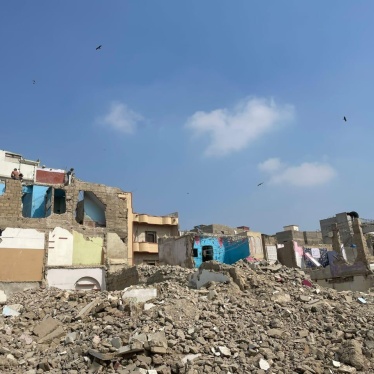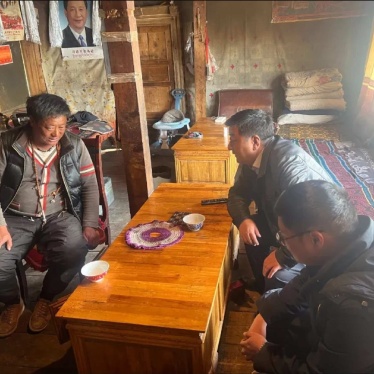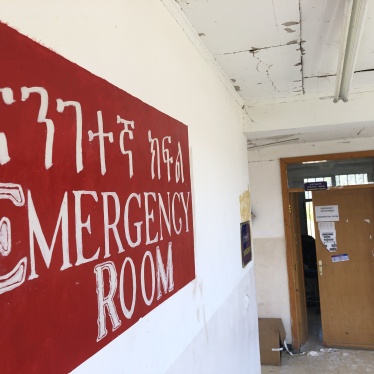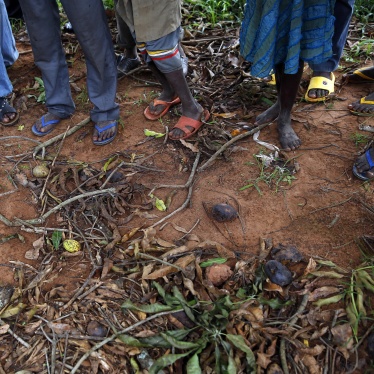(New York) - China should immediately lift all restrictions on “Singing Nun” Phuntsog Nyidron, who was released four months ago after nearly 15 years in jail, Human Rights Watch said today. The “singing nuns” were a group of 14 imprisoned Tibetan women who became internationally known for smuggling a tape out of prison with personalized songs about their commitment to Tibet.
In the months since her March 2004 release from Drapchi prison, Phuntsog Nyidron has been under constant government supervision. Once “freed,” officials escorted her to her home village. Since then, at least two security officials from a pool of four are with her 24 hours a day. Two are prison representatives and two are local county public security officers.
Phuntsog Nyidron is permitted to go out on occasion, but always with an escort. Anyone coming to her home must sign in. Those watching her have orders to call Lhasa authorities if they notice any “change of thinking,” that is, if she says or hints at anything political.
“China tries to score points with other governments by opportunistically releasing activists, then keeping them isolated and under constant surveillance,” said Brad Adams, executive director of Human Rights Watch’s Asia Division. “This is a nasty game China plays, and the international community must publicly condemn it.”
Phuntsog Nyidron was first detained almost 15 years ago in Lhasa on charges of “counterrevolutionary propaganda and incitement,” for her part in a “free Tibet” march that lasted only a few minutes. She was a 22-year-old nun at Michungri nunnery at the time.
In 1993, another eight years were added to Phuntsog Nyidron’s original nine-year sentence, after the “singing nuns” tape became public. In the tape, each of the 14 imprisoned Tibetan women identified herself as she told of her love for Tibet and her resolve to continue the freedom struggle. In part, the harshness of Phuntsog Nyidron’s sentence was related to Chinese officials’ perception that she was the leader of both the original demonstration and the imprisoned women.
Phuntsog Nyidron’s future is uncertain. Even if she should be free to come and go as she chooses, she cannot return to her Michungri nunnery. The government usually prohibits monks and nuns who have been imprisoned from rejoining any monastery or covenant.
Human Rights Watch also expressed concern about Phuntsog Nyidron’s medical condition. During her years in Drapchi prison, she was subject to severe beatings. Sources familiar with her have reported kidney damage attributable to the beatings and memory problems from repeatedly being hit on the head.
“The Chinese government has targeted Phuntsog Nyidron and the singing nuns because it feels threatened by their expression of Tibetan identity,” Adams said. “China should be embarrassed about harassing people who are peacefully expressing their culture and religion.”






